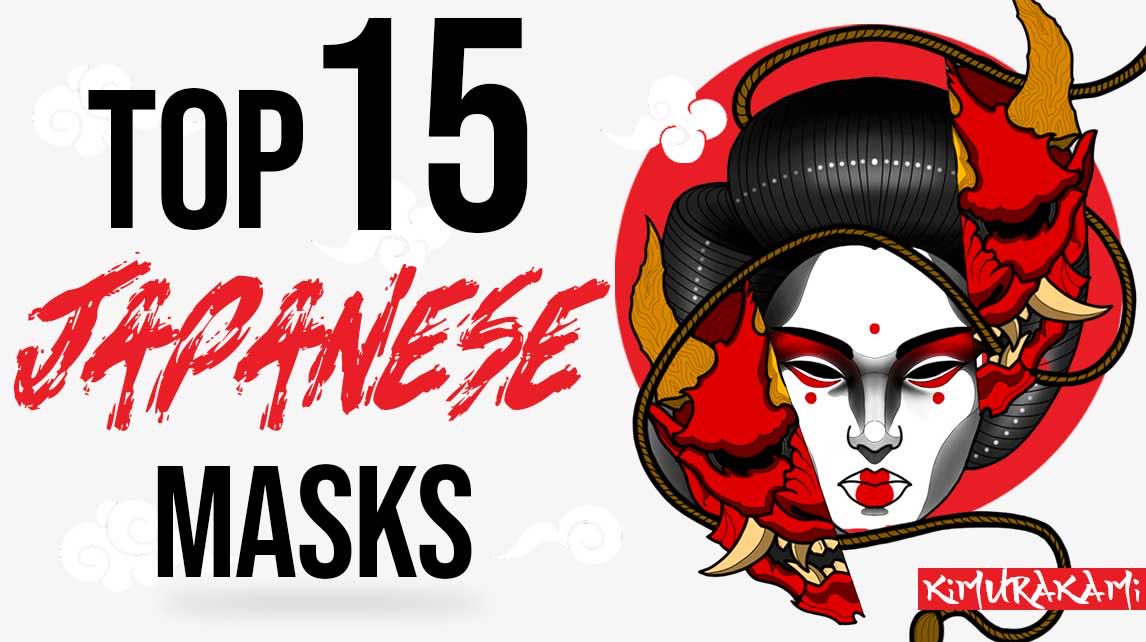Who or what does "Tsukuyomi" refer to?
Tsukuyomi is an important character in Japanese mythology. He is, in fact, part of the Japanese pantheon.
He is a Kami, a god, along with the deities Amaterasu and Susanoo
You find out about Tsukuyomi in this article:
- His specificity as a god
- His origins
- The influence of this Japanese deity in popular culture
Here we go!
Tsukuyomi meaning
 Illustration by Mauro alocci
Illustration by Mauro alocci
From "Tsuku" ("Moon"; "month") and "Yomi" ("read"; "tell"), "Tsukuyomi" or "Tsukiyomi" is the name of a god in Japanese mythology associated with the moon, night, and time. The texts attribute several roles and powers to him. For example that of lighting the night and controlling the passage of the seasons, which may explain why he is also associated with agriculture. Tsukuyomi is also said to control the tide
He is generally considered male (Tsukuyomi-Otoko) but some texts attribute him with female gender (Tsukoyomi). He defends nature and social order. He sometimes manifests himself to those who invoke him by appearing in a mirror or through an avatar. The attributes of this divine figure vary greatly in different texts.
Although he is as important a figure as the Kami Amaterasu and Susanoo, Tsukuyomi seems more listless, less active. He appears less often in the texts than his peers. In the Nihon Shoki for example, he is only mentioned in the first document, section 11, Chapter 5.
Tsukuyomi god
His origins are also not certain. There are several texts and versions about it. The most popular, however, seems to be that of the Kojiki text through the myth of the three noble divine children (Mihashira-no-Uzunomiko). The text explains that after returning from the Yomi, the world of the dead, Izanagi, one of the creator gods, went to purify himself by bathing in the Tachibana River. In this way, he gave birth to three noble divine children: Amaterasu came out of his left eye, Susanoo, from his nose and Tsukuyomi from his right eye.
Another version says that he was instead born from a copper mirror that Izanagi held in his right hand. After which he would have ascended to heaven, and thus joined his sister Amaterasu presented in some versions as his wife.
In yet a third version, the god is born not only from Izanagi but from the latter's union with Izanami before being sent to heaven to play a complementary role with the sun deity.
Japanese myth explaining the succession of day and night
After their birth, Tsukuyomi lived with her sister Amaterasu in the sky (Takama-ga-hara). One day she was invited to a banquet by Uke Mochi, the deity of food. Since she could not attend, she had her brother Tsukuyomi represent her.
During this banquet, Uke Mochi served her guest food which she drew from her mouth. Tsukuyomi struck with outrage that his host would offer him food that he considered defiled, drew his sword and killed him on the spot. By his death Uke Mochi gave birth to rice. Thus, this is the mythical origin of this staple food in Japan.
When Amaterasu learned of this, she went into a great rage and swore that she would never see her brother again. So Tsukuyomi went into exile to the other side of the sky. It is since that day that the moon and sun are separated and only appear in turn in the sky, Amaterasu marking the day and Tsukuyomi marking the night
Other stories about Tsukuyomi
During the reign of the emperor Konin, Tsukuyomi was said to have ravaged the country in his fury. A soothsayer then advised that the god's anger be appeased by sacrificing a horse.
Tsukuyomi is said to have gone to the banquet of Uke Mochi on earth and leaned against a tree (Yutsu Katsura) in the area of Katsura Sato. This tree is thus often associated with the moon.
Shrines are dedicated to it on the island of Ise, in the Kadono and Yamashiro regions. The temples in Ise and Kadono contain mirrors through which the god Tsukuyomi manifests himself.
Tsukuyomi in Japanese pop culture
Infinite Tsukuyomi moon

The Japanese mythology is one of the main sources of inspiration for Japanese manga artists. References to Tsukuyomi, as is the case with other deities, exist in several manga.
Tsukuyomi is the name that Masashi, author of the manga Naruto gives to a powerful illusion power (Genjutsu). In the French translation, it is translated as "Arcane Lunaire". It allows one to alter the perception of reality and time through simple eye contact with the opponent. It requires the Sharingan (Mangekyou) which is a hereditary gift of the Uchiha clan. Another Uchiha named Madara has the ambition to plunge the world into a collective illusion through the reflection of a sharingan on the face of the moon (Mugen Tsukuyomi). He will turn out to be only a pawn used by Kaguya for his resurrection.
Tsukuyomi serves as an inspiration also in My Hero Academia where a superhero school student, with the appearance of a humanoid bird, from class A has this name. He is one of the best in this class. He has extraordinary strength and abilities. Tsukuyomi also has a technique that allows him to split into two. Tsukuyomi is also a student in Kamigami no Asobi.
Video games
Tsukuyomi is also found in video games. In the Japanese version of the game Chrono Cross, the character Harle who shares an affinity with the moon is named Tsukuyomi. In Okami, Tsukuyomi is the name of an evil sword found in the moon's cave. Final Fantasy XIV: Stormblood has an antagonist named Tsukuyomi, a deity incarnated in a mortal body. Tsukuyomi also appears in the trading card games Yu-gi-ho, Deus and Cardfight!!! Vanguard.
What do you need to remember ?
Tsukuyomi is generally recognized as the Japanese god of the moon and night. However, he also seems to possess multiple other facets. His appearance, attributes, and even his origins vary greatly in different religious texts. He is surely one of the important Japanese deities about whom the least is known. It is no less fascinating for that!!!
Congratulations to the artists:
Mauro Alocci and Romain Dalbes









Leave a comment